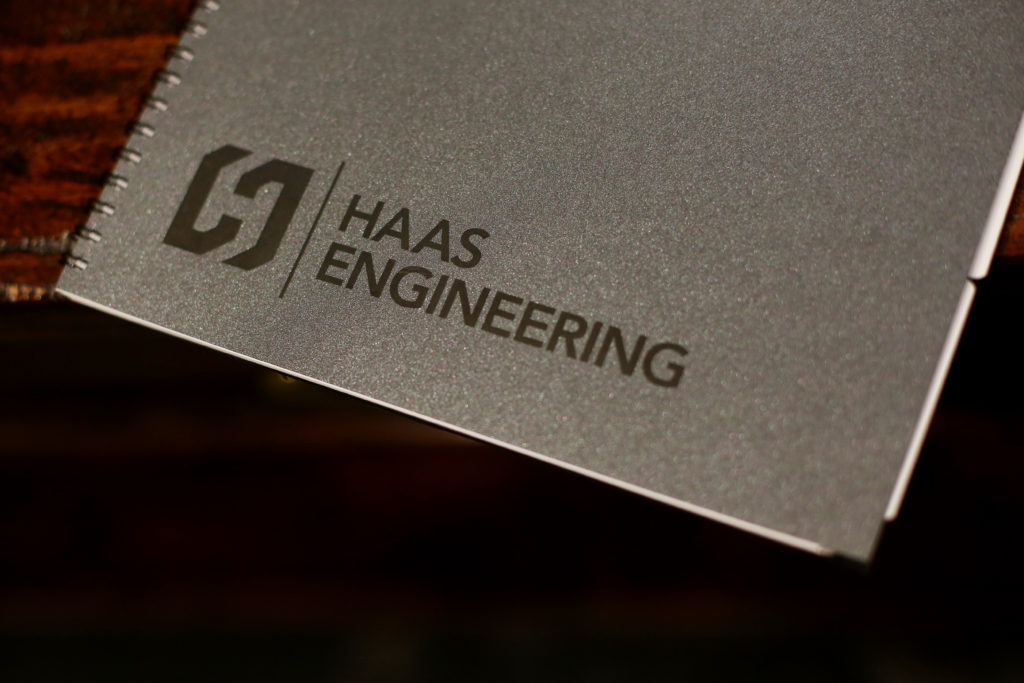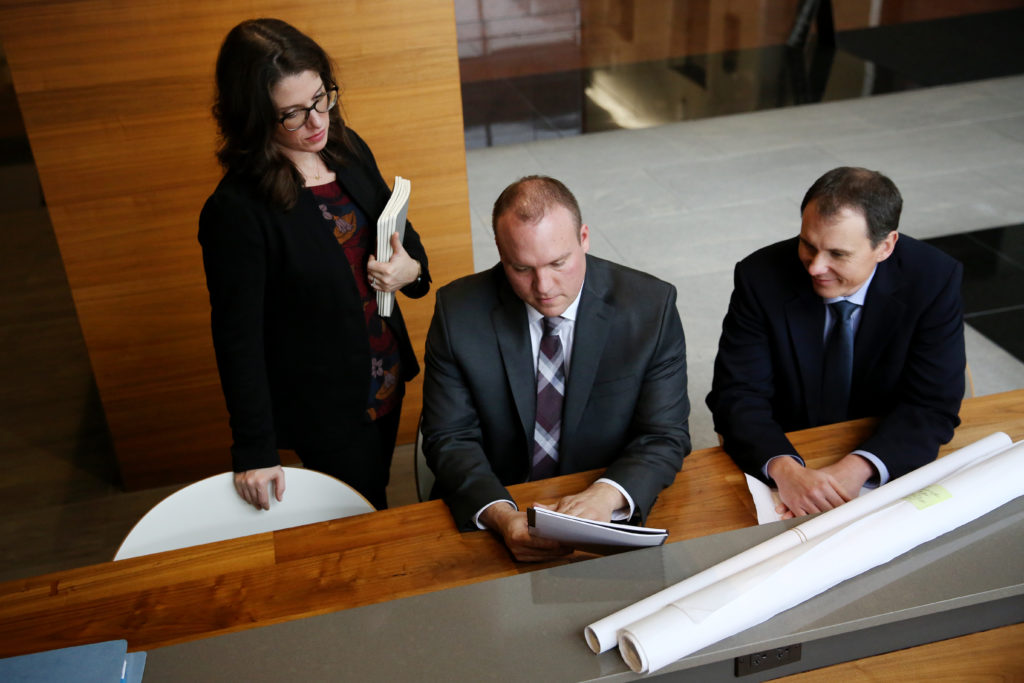
In our 2020 Vision series on reserve evaluations, we’ve talked about production quality, porosity, and saturation. Oil & Gas Reserve Reports have become standard nomenclature for hiring a 3rd party Reservoir Engineer. Many times, we get a request to “do a reserve report”, but that’s not necessarily what our client needs. In this post, we’ll discuss our top 3 most common deliverables and what differentiates them from each other. What exactly is a Reserve Report, an Audit Report, and a Process Review/Limited Audit?

Haas Petroleum Engineering Reserve Report
Many times these terms get interchanged by the industry, so here are some definitions from the SPE’s Standards Pertaining to the Estimating and Auditing of Oil and Gas Reserves Information (2019).
Reserve Report
Entity Reserve Report – An entity Reserves report may be prepared by an internal or external QRE (Qualified Reserve Evaluator) for any of several purposes, all of which should be clearly disclosed in the report. The report is to be considered valid for only those properties identified and included in the report as of the effective report date. To be termed an entity Reserves report, the report should represent all or at least 80% of an entity’s Reserves, future production, and/or revenues. An entity Reserves report should clearly indicate what percentage it is representing, the relative importance of the properties included and any excluded from the report. An entity Reserves report for any purpose should contain adequate disclosures to fully inform the user about the definitions and Reserves classifications used, qualifications and independence of the QRE, confidentiality restrictions, and any unusual circumstances or report qualifiers, and it should include, but not be limited to, authorization for the report, the sources and adequacy and reliability of the underlying geological and engineering data, assumptions made, and any limitations imposed on the distribution and use of the report.
At Haas Engineering, we interpret the “Reserve Report” definition as a 100% diligence product. We independently estimate the remaining reserves AND calculate all the other inputs to the database such as gas shrinkage, NGL yield, pricing differentials, and operating costs.
Reserves Audit
Reserves Audit – A Reserves audit is the process of reviewing … pertinent facts interpreted and assumptions made that have resulted in an estimate of Reserves and/or Reserves information prepared by others and the rendering of an opinion about the appropriateness of the methodologies used, the adequacy and quality of the data relied upon, the depth and thoroughness of the Reserves estimation process, the categorization of Reserves appropriate to the relevant definitions used, and the reasonableness of the estimated Reserves quantities and/or the Reserves information. The term “reasonableness” cannot be defined with precision but should reflect a quantity or value difference of not more than ±10%, or that the subject Reserves information does not meet minimum recommended audit standards. This tolerance can be applied to any level of Reserves or Reserves information aggregation, depending on the nature of the assignment, but is most often limited to Proved Reserves information. A separate predetermined and disclosed tolerance may be appropriate for other Reserves categories. Often, a Reserves audit includes a detailed review of certain critical assumptions and independent assessments with acceptance of other information less critical to the Reserves estimation. Typically, a Reserves audit letter or report is prepared that clearly states the assumptions made. A Reserves audit should be of sufficient rigor to determine the appropriate Reserves categorization for all Reserves in the property set evaluated and to state clearly the Reserves classification system being used. In contrast to the term “audit” used in a financial sense, a Reserves audit is generally less rigorous than a Reserves report. As with an entity Reserves report, an entity Reserves audit should represent all or at least 80%of an entity’s reserves. The portion of Reserves audited must be clearly stated.
At Haas Engineering, our work-flow on an Audit Report consists of 100% diligence on 80% of the value by reserve category. Typically, we engineer the top 80% of the value (as estimated by the other party) and substantiate if our estimate of net reserves and net present value aligns with the other party within 10%. If the 10% tolerance is met, we publish the other party’s reserves and value and provide a statement that the included estimates pass the auditing standards.
Process Review
Process Review – (Abridged) A process review is the result of an investigation by a person who is qualified by experience and training …to address the adequacy and effectiveness of an entity’s internal processes and controls relative to Reserves estimation. …The process review should not include an opinion relative to the reasonableness of the Reserves quantities or Reserves Estimating. Information and should be limited to the process and control system reviewed. A process review includes reports that have been termed “procedural audits” or “procedural reviews” in the industry. Although such reviews may provide value to the entity, an external or internal process review is not of sufficient rigor to establish appropriate categorizations and quantities of Reserves and should not be represented to the public as being equivalent to a Reserves audit
As the definition states, the stand-alone Process Review is not very useful for customers looking for commentary on the value or reserves of an asset. At Haas Engineering, we typically couple this deliverable with our “Limited” audit. This deliverable (which does not meet the criteria of the Reserves Audit) allows us to provide high-level commentary and risking of reserves based on limited inspection. For example, a limited audit may include a review of the top 50% of the value and a reasonableness check on the models aligning to the company level statements. A handy product for acquisition screenings.

At Haas Engineering, we provide customized deliverables to best fit your needs. Whether you are looking for a Reserve Report, Audit Report, or Process Review/Limited Audit, we look forward to walking you through the selection, usage, and requirements for your business.

Thad Toups is the Owner and President of Haas Engineering. Founded in 1980, we’ve been providing reservoir engineering services and consulting for a vast array of companies in the energy space.

Recent Comments